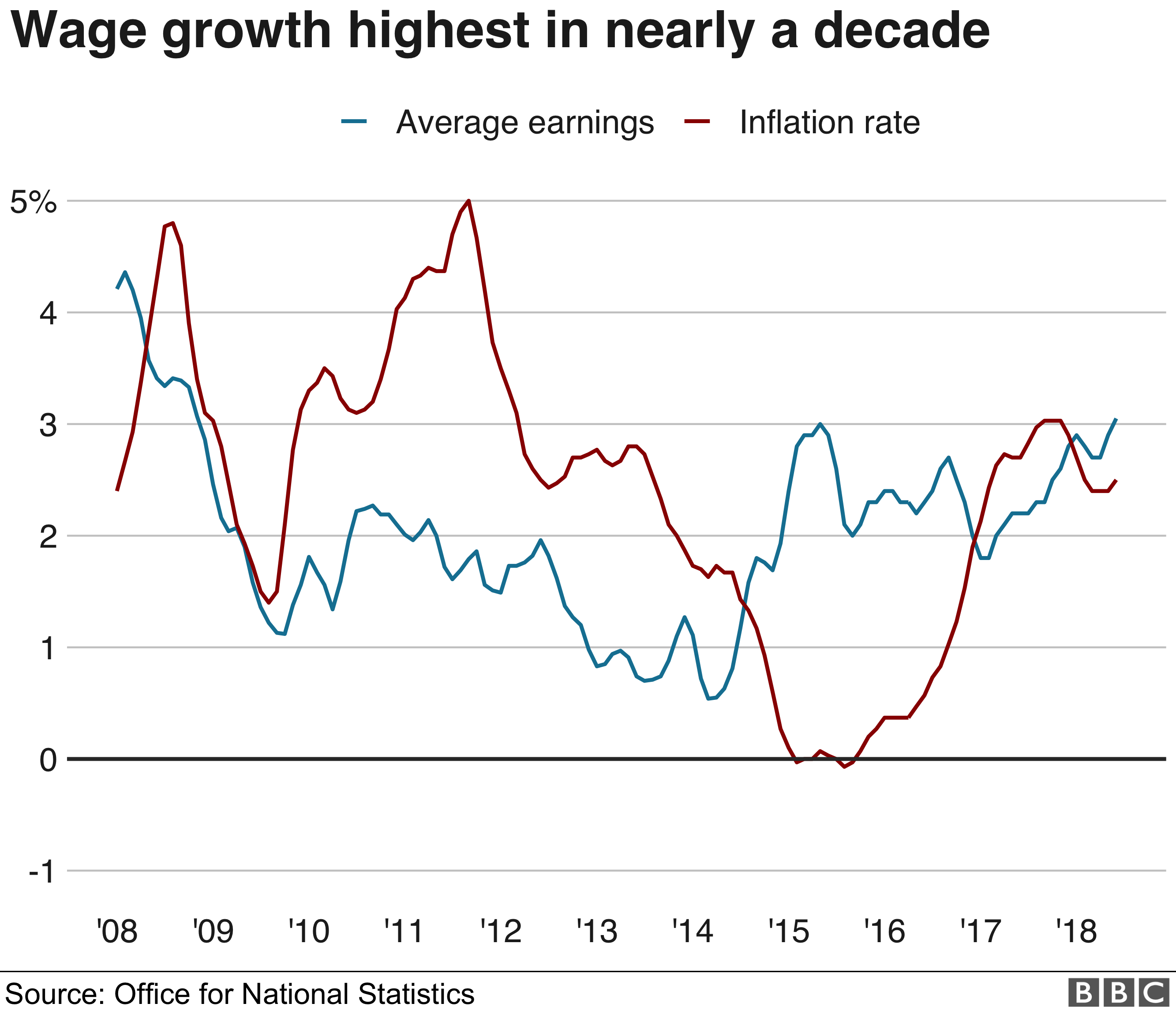The International Monetary Fund (IMF) has warned that artificial intelligence (AI) will affect 40% of all jobs around the world and ‘deepen inequality’.
In a new analysis, IMF researchers examined the potential impact of AI on the global economy. It found that, in advanced economies, around 60% of jobs may be impacted by AI. In contrast, in emerging markets, exposure to AI is expected to affect 40% of jobs.
The IMF also suggested that AI could affect income and wealth inequality within countries. Workers able to make effective use of AI may see an increase in their wages and productivity, whilst those who cannot risk ‘falling behind’.
The IMF has urged policymakers to review the rise of AI in the workplace in order to prevent it from ‘stoking social tensions’. It has called for a ‘careful balance of policies’ to tap into AI’s potential.
Commenting on the issue, Kristalina Georgieva, Managing Director at the IMF, said: ‘It is crucial for countries to establish comprehensive social safety nets and offer retaining programmes for vulnerable workers. In doing so, we can make the AI transition more inclusive, protecting livelihoods and curbing inequality.’
For more information, visit our website at www.nhllp.com








 The survey found that ‘side businesses’ help individuals to top up their income, with some entrepreneurs reportedly earning between £500 and £5,000 on top of the salary from their day job.
The survey found that ‘side businesses’ help individuals to top up their income, with some entrepreneurs reportedly earning between £500 and £5,000 on top of the salary from their day job.

